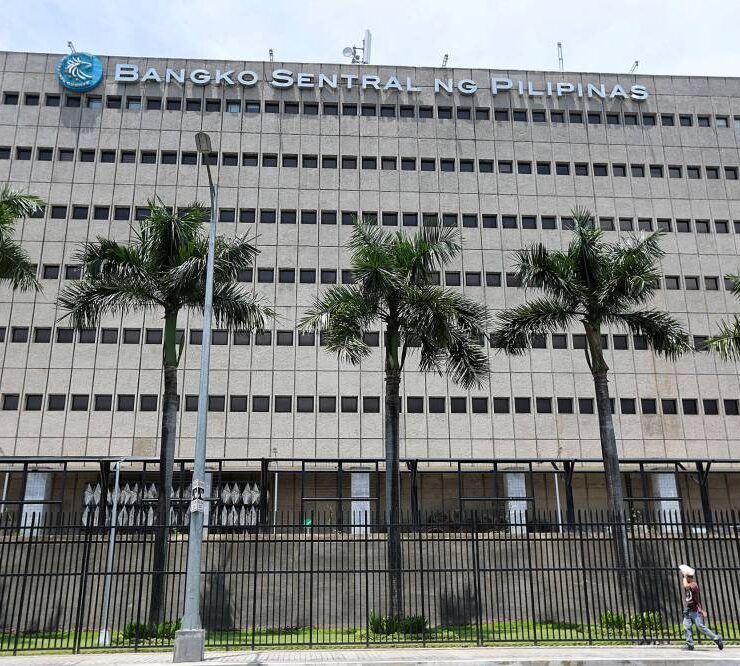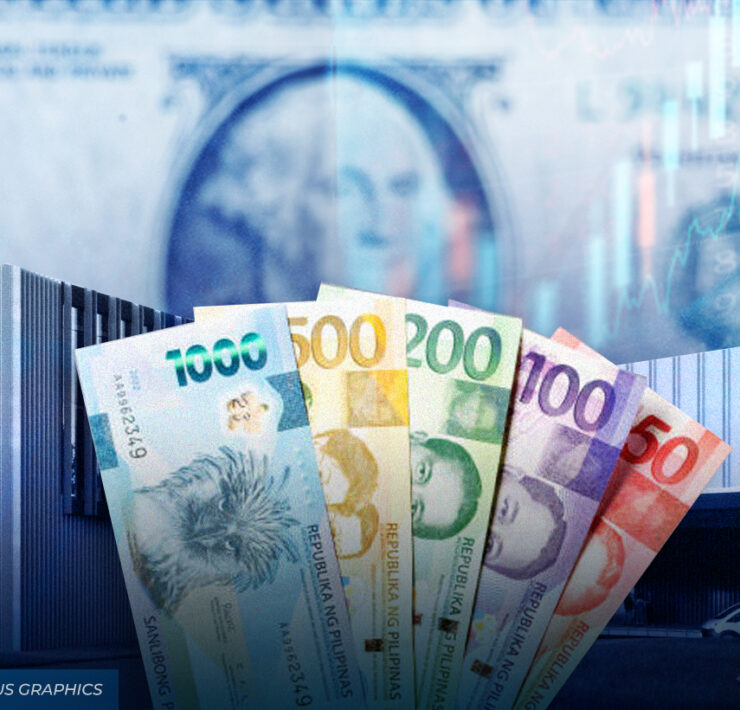Trump victory bad for Philippine stocks?

It’s official: Republican candidate Donald Trump has won the US presidential elections.
Coupled with the growing likelihood that Republicans will also control both the Congress and Senate, Trump is in a good position to push through with plans to reduce taxes and increase government spending, which would be good for US economic growth.
Prospects of faster growth allowed the US market to rally strongly last week, with the Nasdaq and the S&P 500 closing higher by 5.7 percent and 4.7 percent, respectively, to new record highs.
Unfortunately, a Trump victory is not good for Philippine stocks. Despite the strong performance of the US market, Philippine stocks fell during the same period, with the Philippine Stock Exchange Index (PSEi) down by 2.3 percent.
One of the major negatives of a Trump presidency is his plan to impose tariffs of 60 percent on all imports from China and up to 20 percent on goods from other countries. This would significantly hurt exports.
Although the Philippines is not an export-dependent country, investor sentiment toward Asia would be negatively affected given the region’s heavy dependence on exports.
Interest rates are also expected to stay elevated. One of the reasons for the steep rise in the US 10-year bond rate to 4.3 percent recently is expectations that Trump would win the elections.
Higher tariffs on imports plus stronger economic growth are expected to push up inflation, potentially causing the Fed to slow the pace of its rate cuts.
Trump’s tax cuts also won’t be funded by any new revenue-generating measure. This would lead to higher budget deficits and the need to raise more debts, which would also push up interest rates.
Although inflation is not expected to be a problem locally in the near term, the Bangko Sentral ng Pilipinas would most likely keep rates high so that the Philippines can maintain a comfortable interest rate differential with the United States. Otherwise, the peso would come under pressure to depreciate.
In fact, rising rates in the US is already causing the dollar to strengthen and the peso to weaken.
After appreciating to 55.59 earlier this year due to growing expectations that the Fed would begin cutting rates, the peso has weakened by 4.8 percent to close at 58.27. This materialized as the dollar strengthened by 4.6 percent during the same period.
Historically, a weak peso has been bad for local stocks as foreign investors choose to stay on the sidelines to avoid potential foreign exchange losses.
Because interest rates are expected to stay elevated, interest rate-sensitive companies are expected to be among the biggest losers in a Trump presidency. These would include property companies as higher interest rates would hurt demand for properties for sale.
Sentiment for high dividend paying stocks such as power, telcos and real estate investment trusts could also be negatively affected as investors switch back to fixed income products such as time deposits and bonds, which are less risky.
Mining companies are also expected to be major losers under a Trump presidency. Higher tariffs on imported goods, especially those that come from China, are expected to lead to a significant reduction in demand for industrial metals such as copper and nickel.
Although exporters should benefit from a weaker peso, any potential benefit might be offset by the negative impact of Trump’s plan to significantly increase tariffs.
Finally, companies that have large dollar denominated costs would also be negatively affected.
However, we don’t think that a Trump presidency is necessarily going to be bad for the Philippine stock market. Note that during the first year of his first term as president, the PSEi still managed to rally by 18 percent. This was despite Trump imposing tariffs on imports from China, and Republicans also controlling both Congress and the Senate.
Interest rates also stayed low, with the US 10-year bond rate ranging between 1.5 percent to 3.2 percent (excluding the COVID-19 pandemic period). This, as average inflation in the US was only 1.9 percent during Trump’s first term despite higher tariffs and tax cuts.
In the end, investors need to closely monitor economic indicators and the earnings performance of locally listed companies since those are what will ultimately determine the performance of the local stock market.
If developments in the US have little to no impact on domestic inflation, interest rates, the peso and the profitability of a locally listed company, the stock market should continue to do well.





















